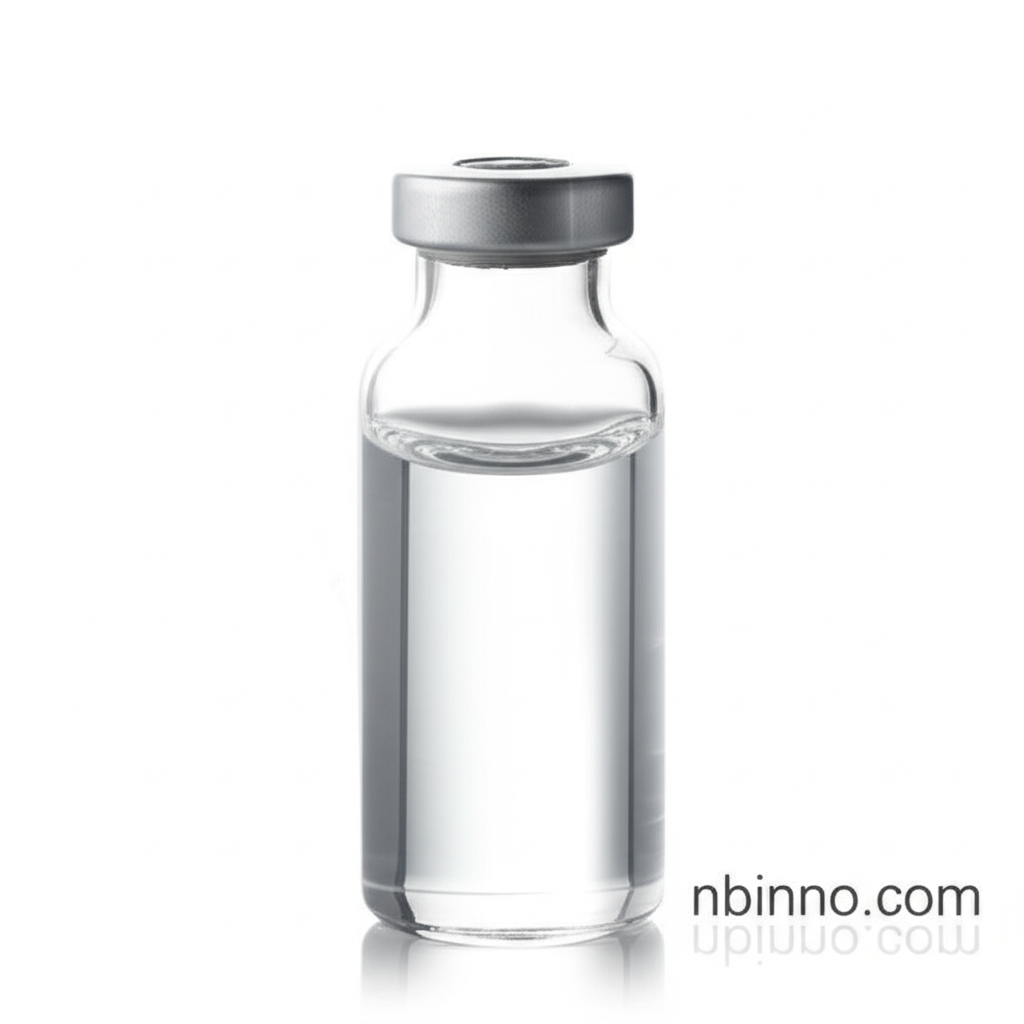2-Hydroxypropyl Methacrylate (HPMA): A Versatile Monomer for Coatings, Adhesives, and Beyond
Discover the key properties and extensive applications of 2-Hydroxypropyl Methacrylate (HPMA), a vital monomer for advanced polymer formulations. Learn why sourcing HPMA from a trusted manufacturer in China ensures superior quality for your industrial needs.
Get a Quote & SampleThe Essential Monomer for Advanced Material Solutions

2-Hydroxypropyl Methacrylate (HPMA)
As a leading supplier of high-quality chemical intermediates, we offer 2-Hydroxypropyl Methacrylate (HPMA), a colorless liquid monomer essential for producing advanced acrylic polymers. Its unique hydroxyl functionality enhances adhesion, flexibility, and chemical resistance, making it a preferred choice for manufacturers. Partner with a reliable HPMA manufacturer in China for consistent quality and competitive pricing.
- High Purity HPMA for Demanding Applications: Our HPMA is synthesized to meet stringent purity standards, ensuring optimal performance in your formulations.
- Enhance Product Performance with HPMA: The incorporated hydroxyl groups in HPMA improve surface adhesion, provide cross-linking sites, and impart excellent abrasion and corrosion resistance, making it a key ingredient for durable coatings and adhesives.
- Versatile Chemical Intermediate: HPMA serves as a critical monomer for a wide range of industries, including automotive coatings, textile agents, and specialty adhesives, demonstrating its broad utility.
- Reliable Supplier for Global Needs: We are a trusted HPMA supplier, committed to providing consistent product quality and dependable delivery to meet your production schedules.
Key Advantages of Choosing Our HPMA
Superior Adhesion and Flexibility
The presence of hydroxyl groups in 2-Hydroxypropyl Methacrylate significantly improves adhesion to various substrates and provides inherent flexibility to the resulting polymers, crucial for applications in coatings and adhesives.
Enhanced Chemical and Abrasion Resistance
HPMA-based polymers exhibit improved resistance to chemicals, fogging, and abrasion, ensuring the longevity and performance of finished products like automotive paints and industrial coatings.
Low Odor and Volatility
Our HPMA is characterized by its low odor and volatility, contributing to a safer working environment and improved user experience in formulated products.
Diverse Applications Driven by HPMA
Coatings Industry
HPMA is a vital component in the formulation of thermosetting acrylic coatings, acrylic acid-modified polyester coatings, and water-soluble electroplate binders, providing excellent film-forming properties.
Adhesives and Sealants
Its ability to copolymerize readily makes HPMA ideal for use in various adhesive and sealant formulations, offering enhanced bonding strength and durability.
Textile and Paper Treatments
HPMA serves as a functional monomer in textile finishing agents and paper coatings, improving material properties such as durability and printability.
Biomedical Applications
The biocompatibility and water solubility of HPMA-based polymers make them suitable for research in drug delivery systems and tissue engineering scaffolds.
